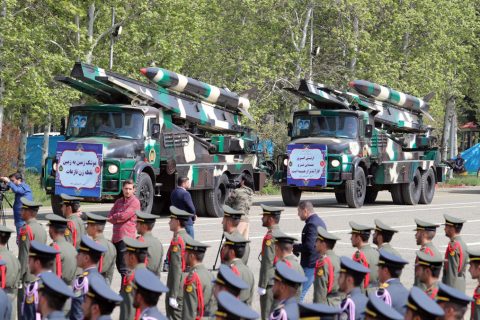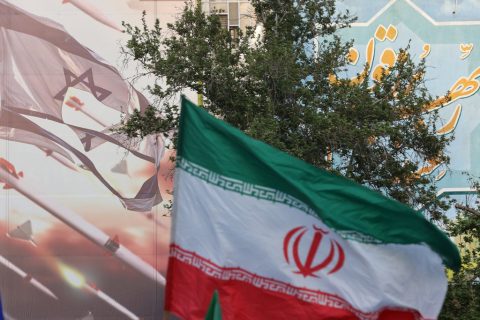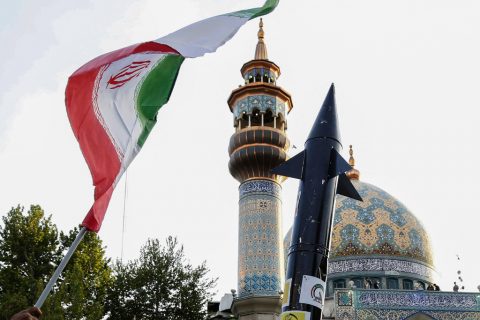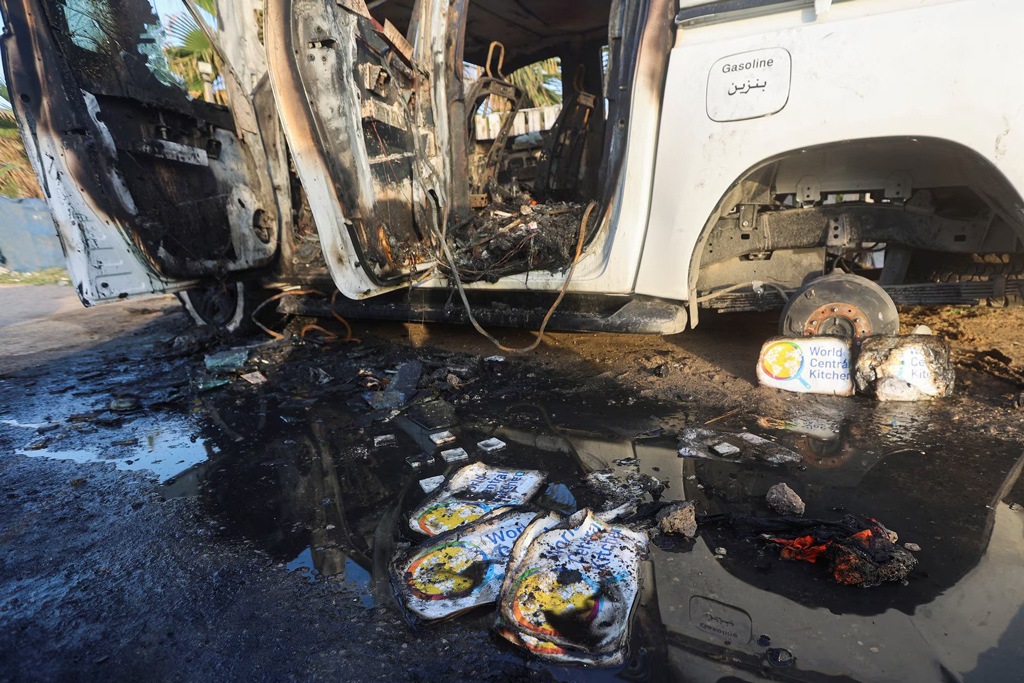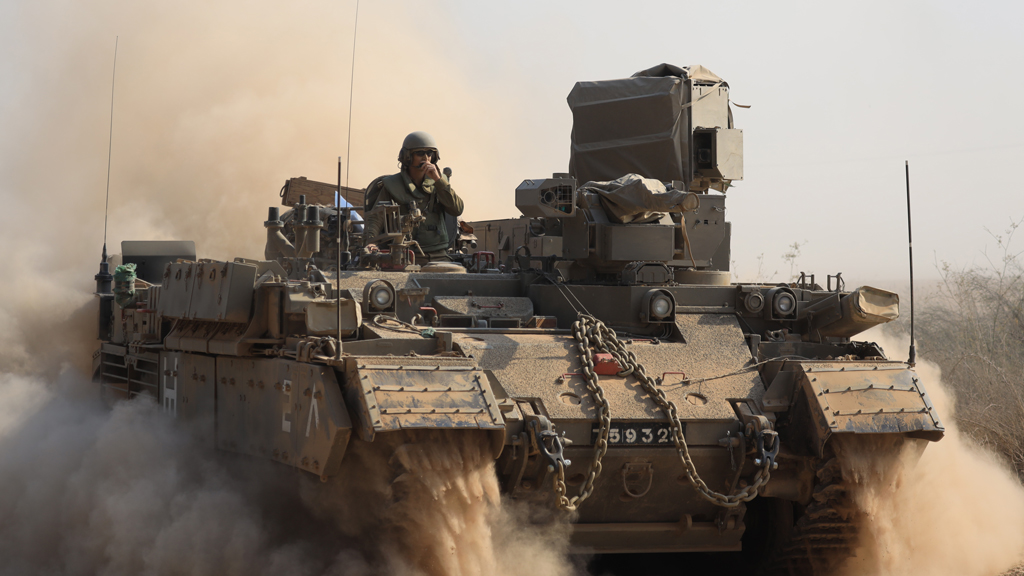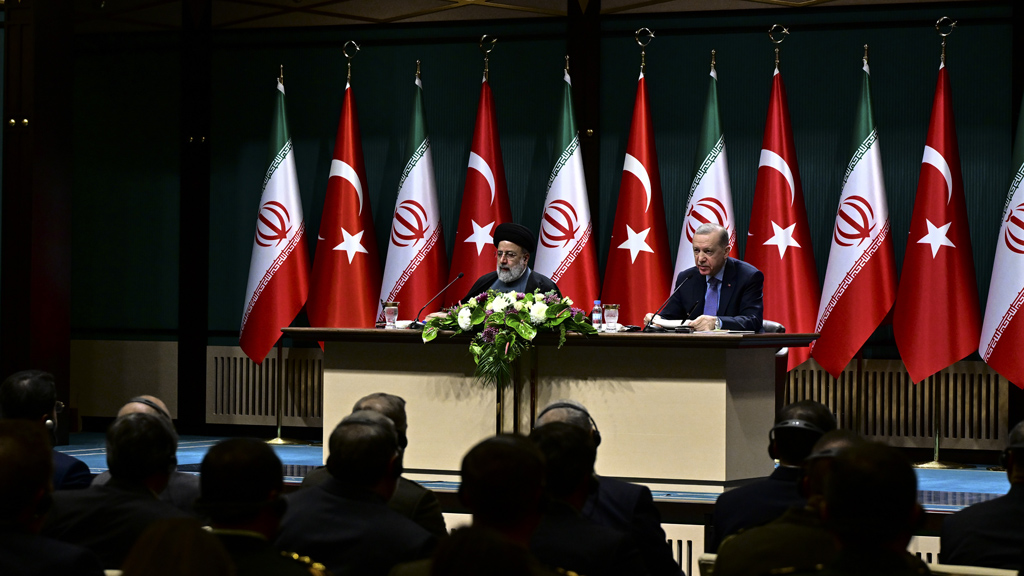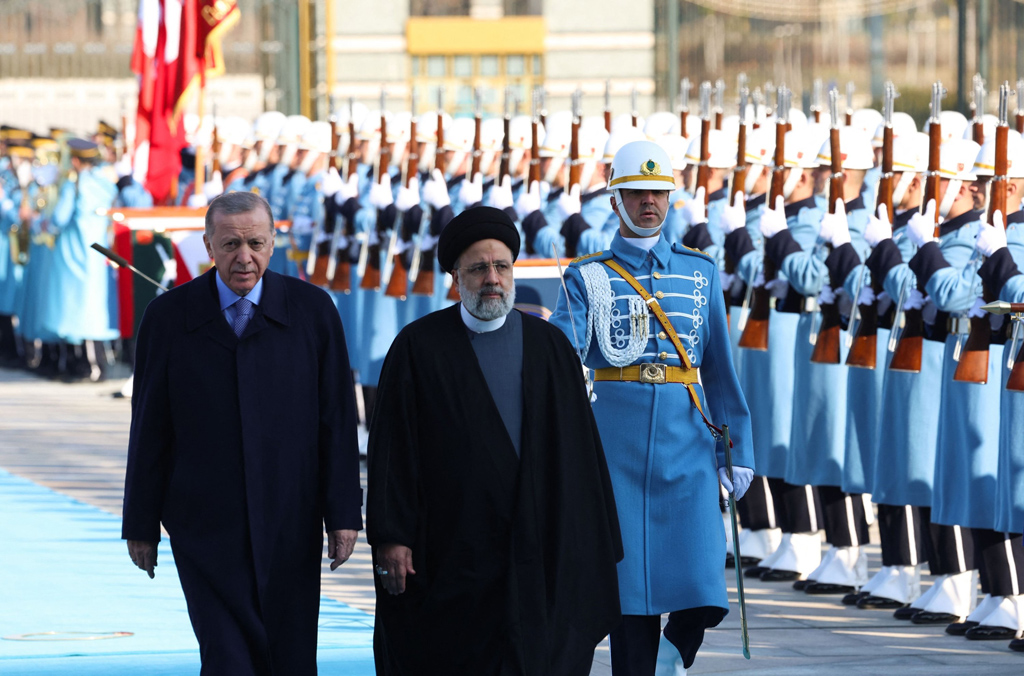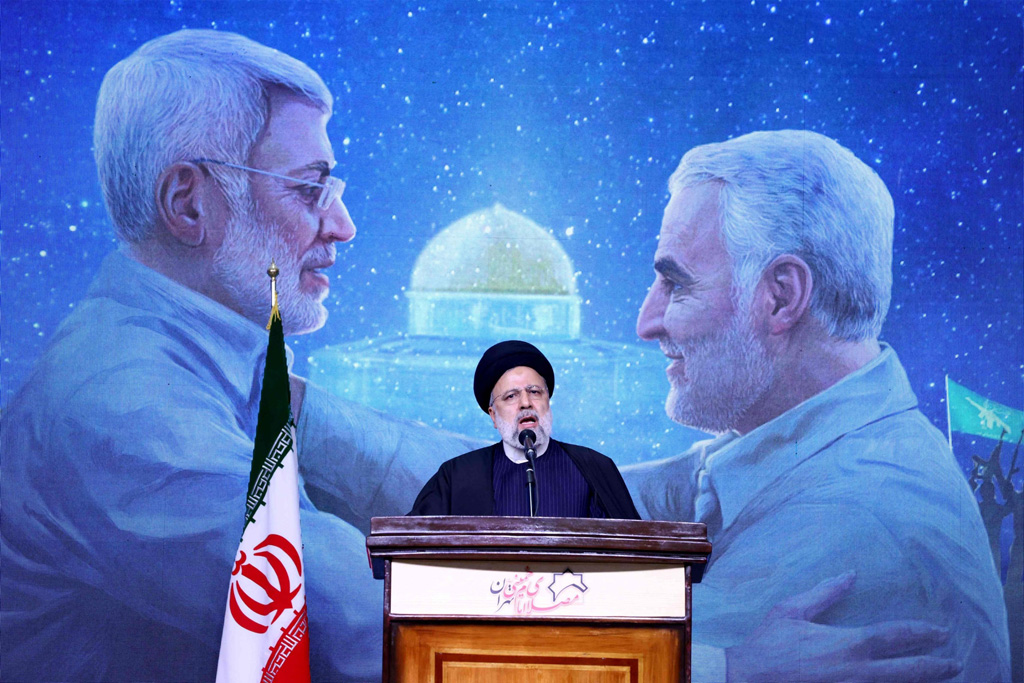Iran
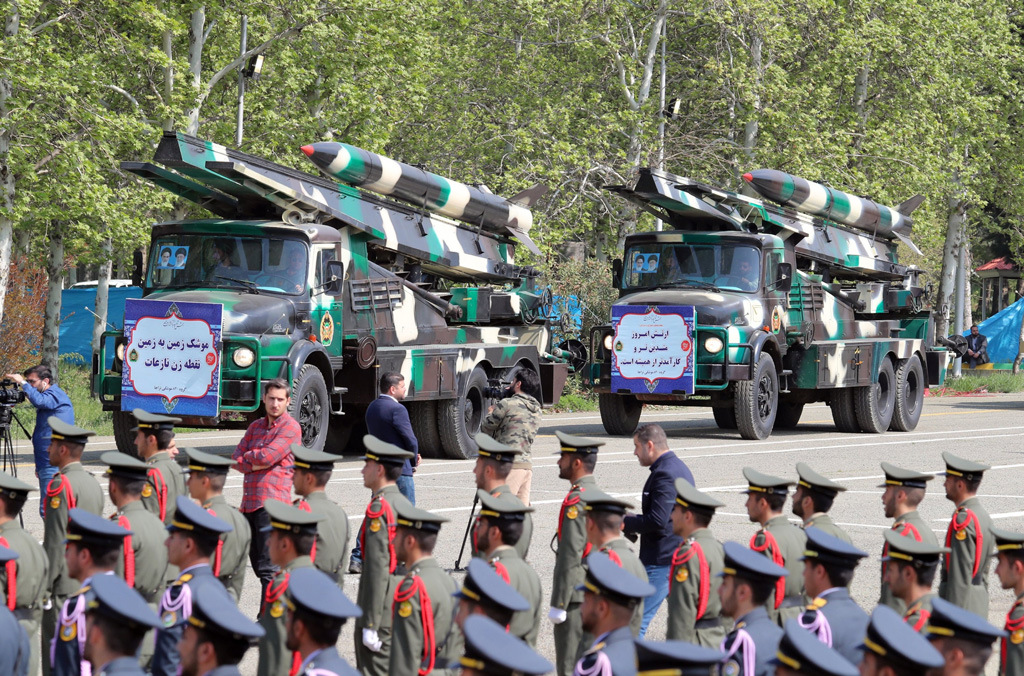
The Israel-Iran war gamble
| OpinionThe Israeli attack on the Iranian Consulate in Damascus has escalated regional tensions to unprecedented …
-
Opinion
The Israel-Iran war gamble
By Murat YeşiltaşThe Israeli attack on the Iranian Consulate in Damascus has escalated regional tensions to unprecedented heights, once again thrusting the intricate geopolitics of the Middle East into the spotlight. Iran’s retaliation to this aggression has resonated not only within the region but also on a global scale. Its response was twofold: to display their military prowess and to convey a political message to the international community. This marked the first instance since 1973 of a state responding militarily to Israel at a conventional level, thereby disrupting the longstanding status quo of Israeli immunity. Through these actions, Iran seeks to enhance its deterrence against regional and global actors while simultaneously solidifying its domestic political position.
-
Opinion
Middle East cannot be left in vortex of Iran-Israel tension
By Burhanettin DuranThe direct confrontation between Iran and Israel remains under control – for now. Yet, it points to an emerging equilibrium in the region. There was already talk of escalating tensions in the Middle East around Gaza and Palestine in the wake of the Oct. 7 attack.
-
Opinion
Israel or Iran: Who should we blame first?
By Muhittin AtamanThe whole world has been holding its breath and watching the Israeli-Iranian tension for the last two weeks.
Bu Konuda Daha Fazla
-
Israel’s 2 grave mistakes that put its Western allies...
By Muhittin AtamanThe latest developments in Gaza have forced many states to reconsider their policies toward Israel’s genocidal attacks, the suffering of the people of Gaza and the resistance of the Gazan people, which will continue to shape not only regional but also global politics.
-
New escalation in regional conflict
By Kadir ÜstünThe killing of three American soldiers in Jordan by pro-Iran militias via UAV strikes initiated a new escalation in the escalating regional conflict. Since October 7th, concerns about regional warfare seemed obsolete. We previously noted Israeli Prime Minister Netanyahu's attempt to expand the Gaza conflict regionally and entangle the US in conflict with Iran. The Jordan attack partially succeeded in these efforts. Over the past week, the US conducted military operations in the region, signaling a response.
-
After approval of Sweden’s NATO bid and Raisi’s visit
By Burhanettin DuranAs the municipal election campaign gained momentum with the unveiling of mayoral candidates and the fine-tuning of their campaigns, two major developments took place in foreign policy: the Turkish Parliament’s approval of Sweden’s NATO admission on Tuesday and Iranian President Ebrahim Raisi’s visit to the Turkish capital, where Türkiye and Iran signed 10 agreements.
-
Complex dynamics of Türkiye-Iran relations
By Murat YeşiltaşTraditionally, Türkiye-Iran relations have been defined by a mix of competition and cooperation. Sharing a long land border and possessing a multidimensional historical depth, numerous dynamics simultaneously affect the relationship between the two countries.
-
Is Iran strengthening or becoming isolated?
By Burhanettin DuranAgainst the backdrop of Israel's massacre in Gaza, attention has been shifting to Iran. Following the bombardment of the Houthis by the United States and the United Kingdom for disrupting commercial shipping in the Red Sea, Iran and Pakistan experienced an escalation, with both sides firing missiles over terrorism. Moreover, Israel killed five members of the Revolutionary Guards Corps in Damascus last weekend, resuming its past operations against the Iranian presence in Syria. The seeming purpose of such strikes is to stop Iran from sending military aid to the Axis of Resistance – namely Hezbollah and Hamas. More important, however, is Israeli Prime Minister Benjamin Netanyahu's commitment to ensuring the Israeli-Palestinian conflict's regionwide spillover – which contradicts the Biden administration.
